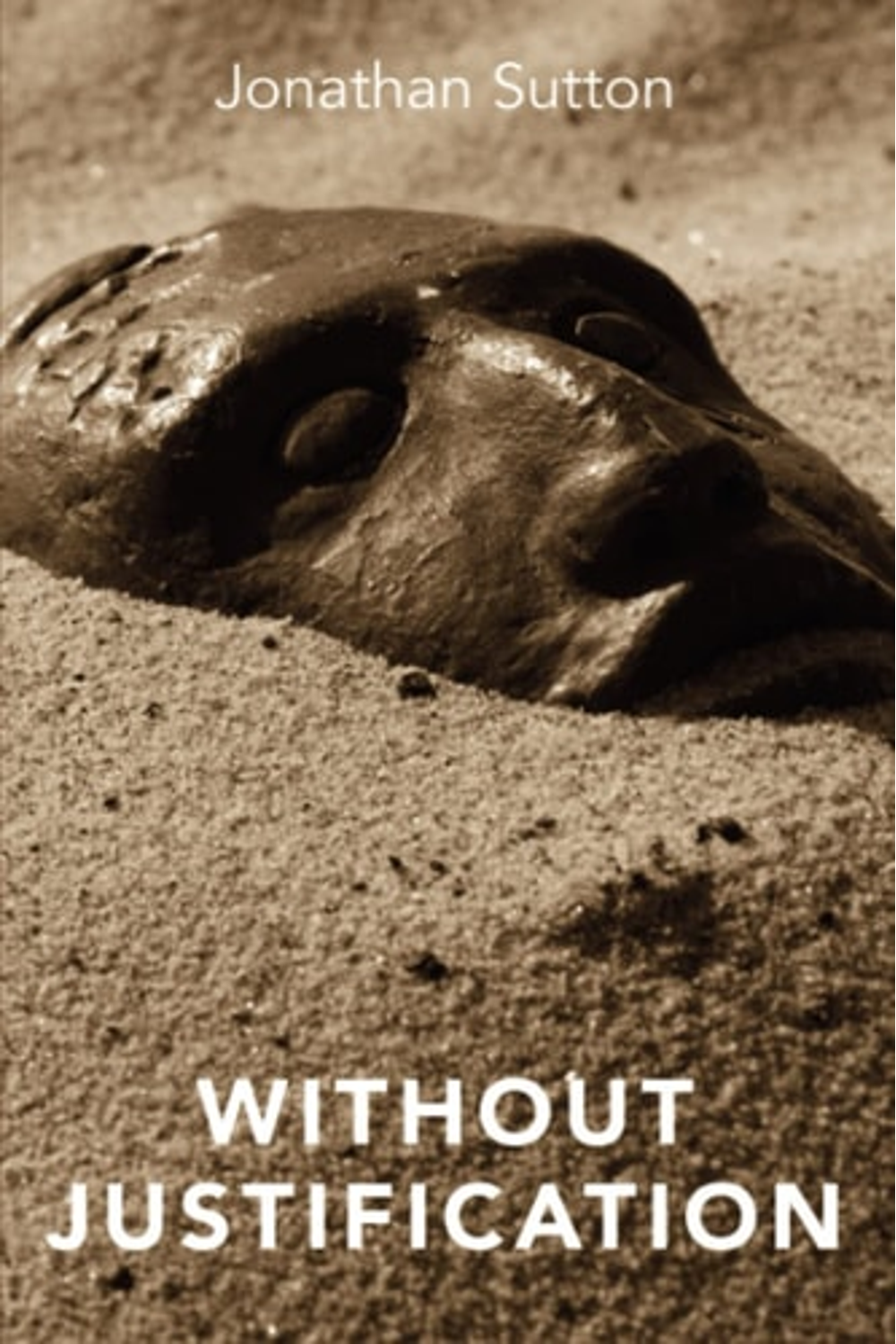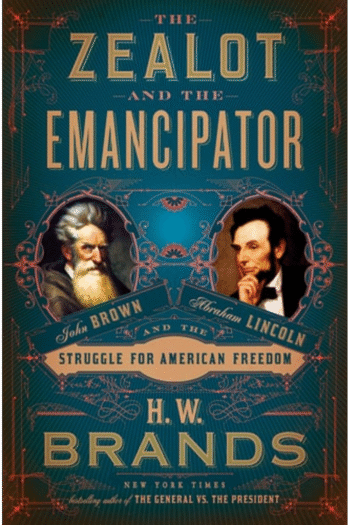Uncover a groundbreaking challenge to traditional epistemology with Jonathan Sutton’s *Without Justification (MIT Press)*. This book, a New Edition from A Bradford Book, dismantles the widely held belief that justification and knowledge are distinct concepts. Sutton provocatively argues that “justified belief *is* knowledge,” contending there are no false justified beliefs. This paradigm shift offers a leaner, more coherent approach to understanding how we know what we know. Sutton, a respected voice in contemporary philosophy, meticulously challenges the accepted framework, suggesting the separation of justification and knowledge is a relatively recent development, foreign to classical thought. Explore how this controversial claim impacts key epistemological areas, including testimony, evidence, inference (deductive and inductive), and the internalism/externalism debate. He fearlessly tackles complex paradoxes, offering fresh, knowledge-centric solutions. *Without Justification* isn’t just for academics; it’s a call for a more rigorous and honest approach to belief. Sutton urges readers to embrace the principle of believing only what one *knows* and accepting testimony only from those known to possess genuine knowledge. This book is for those who want to challenge the foundations of epistemology and reconsider how we approach truth. Perfect for readers interested in philosophy, theology, and epistemology.
Without Justification (MIT Press)
16.68 $
In stock
In the contentious debate among contemporary epistemologists and philosophers regarding justification, there is one consensus: justification is distinct from knowledge; there are justified beliefs that do not amount to knowledge, even if all instances of knowledge are instances of justified belief. In Without Justification, Jonathan Sutton forcefully opposes this claim. He proposes instead that justified belief simply is knowledge — not because there is more knowledge than has been supposed, but because there are fewer justified beliefs. There are, he argues, no false justified beliefs.
Sutton suggests that the distinction between justified belief and knowledge is drawn only in contemporary epistemology, and suggests furter that classic philosophers of both ancient and modern times would not have questioned the idea that justification is identical to knowledge.
Sutton argues both that we do not (perhaps even cannot) have a serviceable notion of justification that is distinct from knowledge and that we do not need one. We can get by better in epistemology, he writes, without it. Sutton explores the topics of testimony and evidence, and proposes an account of these two key epistemological topics that relies on the notion of knowledge alone. He also addresses inference (both deductive and inductive), internalism versus externalism in epistemology, functionalism, the paradox of the preface, and the lottery paradox. Sutton argues that all of us–philosopher and nonphilosopher alike–should stick to what we know; we should believe something only if we know it to be so. Further, we should not believe what someone tells us unless we know that he knows what he is talking about. These views are radical, he argues, only in the context of contemporary epistemology’s ill-founded distinction between knowledge and justification.
| Authors | |
|---|---|
| Binding | |
| Condition | |
| ISBN-10 | 026269347X |
| ISBN-13 | 9780262693479 |
| Language | |
| Pages | 208 |
| Publisher | |
| Year published | |
| Weight | 272 |
| Edition | New edition |
Related products
- Additional information
- Currencies
- USD – United States dollar
- EUR – Euro
- GBP – Pound sterling
- CNY – Chinese yuan
- BRL – Brazilian real
- MXN – Mexican peso
- JPY – Japanese yen
- PHP – Philippine peso
- THB – Thai baht
- PLN – Polish złoty
- CAD – Canadian dollar
- MYR – Malaysian ringgit
- AUD – Australian dollar
- TWD – New Taiwan dollar
- CZK – Czech koruna
- SEK – Swedish krona
- HUF – Hungarian forint
- ILS – Israeli new shekel
- CHF – Swiss franc
- HKD – Hong Kong dollar
- DKK – Danish krone
- SGD – Singapore dollar
- NOK – Norwegian krone
- NZD – New Zealand dollar





